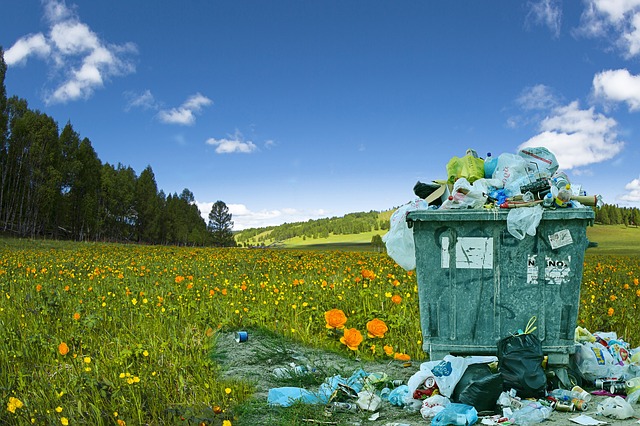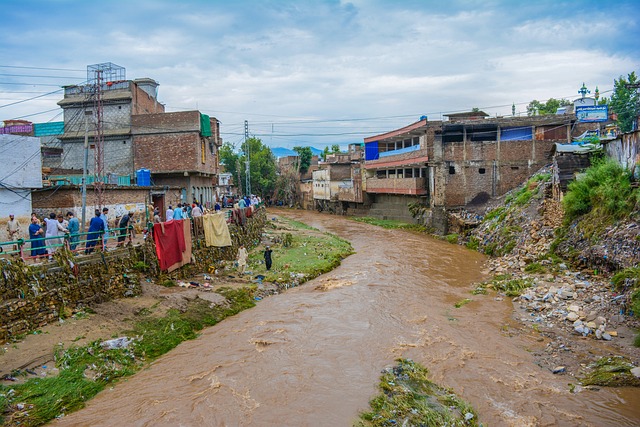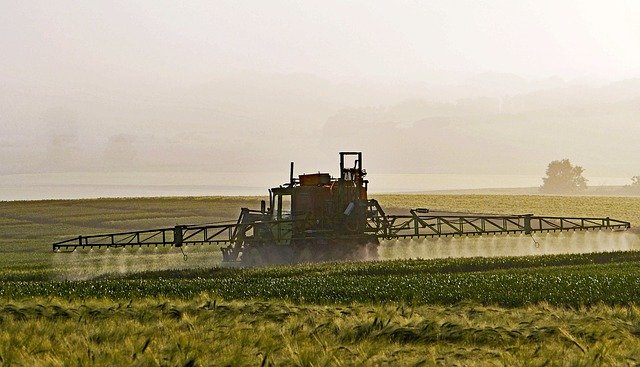Introduction
Solid Waste: Solid waste consists of non-soluble materials, semisolids, or solids.
Non-soluble materials are sewage sludge, municipal garbage, mining residues, industrial waste, demolition waste, agricultural waste, gases and liquids in containers, etc.
Solid waste being generated in Pakistan ranges from 0.283 to 0.612 kilogram per capita per day. The growing rate of waste production is 2.4 % annually.
All types of waste including municipal solid waste, e-waste, plastic waste, medical waste, radioactive waste, etc being produced anywhere on the Earth are posing serious threats to the environment and living beings. Why? Because produced waste is not discarded and dumped in a proper way. For example, E-waste is exported to developing countries for recycling business along with that developed countries use the under developing countries as dumping sites for e-waste.
For more info: Solid waste – Types, Sources, and Effects
Factors Responsible for Huge Quantities of Solid Waste being Produced in Pakistan
The factors that are responsible for huge quantities of solid waste being produced in Pakistan are continuously upgrading the standard of living in big cities, establishing housing schemes, urban sprawl, unavailability of landfill sites, etc.
Check out: Solid Waste Management Techniques
Reasons for Poor Management of Solid Waste in Pakistan
The reasons for poor management of solid waste in Pakistan are extreme weather events triggered by climate change, lack of finance for waste management, unplanned expansion of urban areas, absence of an adequate number of vehicles for waste collection and transportation, lack of public awareness, etc.
Environmental and Social Effects due to Poor Solid Waste Management
The inadequate management of municipal solid waste causes negative environmental and social impacts. The significant impacts include water pollution, contaminated water reserves, air pollution, land pollution, disease outbreak, etc. Leachate discharges from solid waste contaminate water bodies and groundwater reserves. Incineration or open dumping of solid waste releases smoke and greenhouse gases that contaminate the air. Vector-borne diseases are common where waste piles are accumulated.
All these conditions are promoting unhygienic environments and communicable diseases.
Check out Waste to Energy Plants Can Curb Pakistan’s Electricity Crisis
The case study of Karachi suggested the installation of biowaste digestion plants. Mehmood Booti being used as an open dumping site is negatively impacting the environment of Lahore.
Conclusion
The adequate management of solid waste involves all those actions that could help prevent adverse environmental and social impacts. In Pakistan, the problem begins with the waste collection system. The waste collection system is not reliable then the next step is the transportation of collected waste to a dumping site. Due to the absence of landfill sites, the solid waste is subjected to open dumping and this situation ultimately leads to unhygienic conditions for people in Pakistan.
Also read: 10 Ways to Eradicate Solid Waste – Methods of Reducing Waste
Recommendation
Waste to energy business can help Pakistan in dealing with issues created by improper management of solid waste in the country. For details please check out WtE business – Why Pakistani Government should support it?
Also, check out Production of Bioplastic By Using Biodegradable Sources
I hope you all liked this post! Please comment below if you have any suggestions, comments, or feedback! We at #envpk love hearing from our readers! Thanks!




